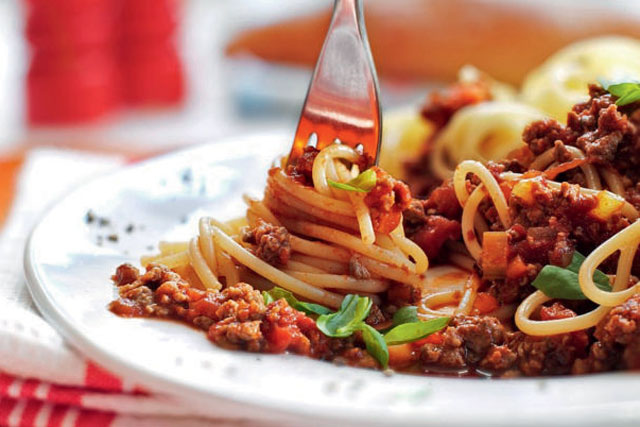
The advent of Meat-Free Monday has got vegetarian luminaries promoting the health and environmental benefits of a meatless diet over the past couple of years. From Sir Paul McCartney to the World Land Trust, the initiative to encourage omnivores to have at least one day a week without consuming meat was widely publicised.
Although vegetarianism has stalled at about 6% of the adult population, three in five adults in the UK now eat meat-free food occasionally. Between 2005 and 2010, sales of meat-free food increased by 18%, making the market worth £553m, according to Mintel.
So the Meat-Free Monday initiative, sponsored by vegetarian-food producer Goodlife and heavily promoted by the Linda McCartney brand, was a clever bit of campaigning, tapping into the growing public awareness that a diet high in vegetables is not only healthier, but could also be cheaper.
The message to give up meat for just one day a week was an achievable target, and attracted support from those concerned about greenhouse gas emissions in meat production, as well as vegetarians.
Shoppers no longer consider meat-free food as the sole domain of committed vegetarians, and will add it to their trolley if it provides an interesting culinary experience. The sector includes meat-free (including meat substitutes) or vegetarian ready meals, sausages, burgers, deli ingredients, pastry products and snacks. Meat substitutes are typically made from textured vegetable protein such as soy.

Chilled products outperform frozen with about 70% of sales, but the latter category has picked up, thanks to its value proposition and improved image among consumers.
While there are a few strong brand names in this sector, own-label lines account for two-thirds of the market by value. Nonetheless, the vast majority of new product development is carried out by the brands.

Premier Foods had been the leading manufacturer by some margin, thanks to the Quorn and Cauldron brands. Last week, however, it sold both off to a private-equity consortium for £205m.
In January, a TV ad for Quorn mince claimed it offered a lower-fat alternative to the beef variety, thereby pitching itself firmly at consumers who want to lose weight.
Last year, Premier also updated its Cauldron range with fresh packaging and recipes, but this brand, with its more premium positioning, found the recession a difficult time to trade.
The rest of the market is quite fragmented and includes names such as Linda McCartney, Redwood and last year's entrant Oativa, an oat and lentil protein-based range from QV Foods.
In 2008, smoothie company Innocent introduced Veg Pots. Aimed at the lunch market, the curry, risotto and couscous ready meals promise to contain three of the five portions of fruit and vegetables that consumers are recommended to eat a day.
ABs aged 25 to 34 are the demographic most likely to buy into this sector, so the projected population growth in this group should benefit the meat-free market. The key will be to continue to attract meat-eaters who are willing to vary their diets and regularly include vegetarian options. Almost half of consumers (47%) say they would consider these foods if they were tastier or more exciting, according to pollster Toluna.
This statistic, though, highlights a big problem for the category, in that vegetarian food is considered bland by almost half of all adults. The biggest deterrent to purchase, however, is the perception that vegetarian food is artificial and processed.
Manufacturers will also be keen to persuade occasional meat-forgoers to 'go veggie' more often - only one in three adults eats meat-free food at least once a fortnight.

According to research by Toluna, consumers of meat-free food cite variety as the biggest attraction, with the health benefits coming second.
Meanwhile, Mintel predicts that the market will rise to a value of £673m over the next four years.




